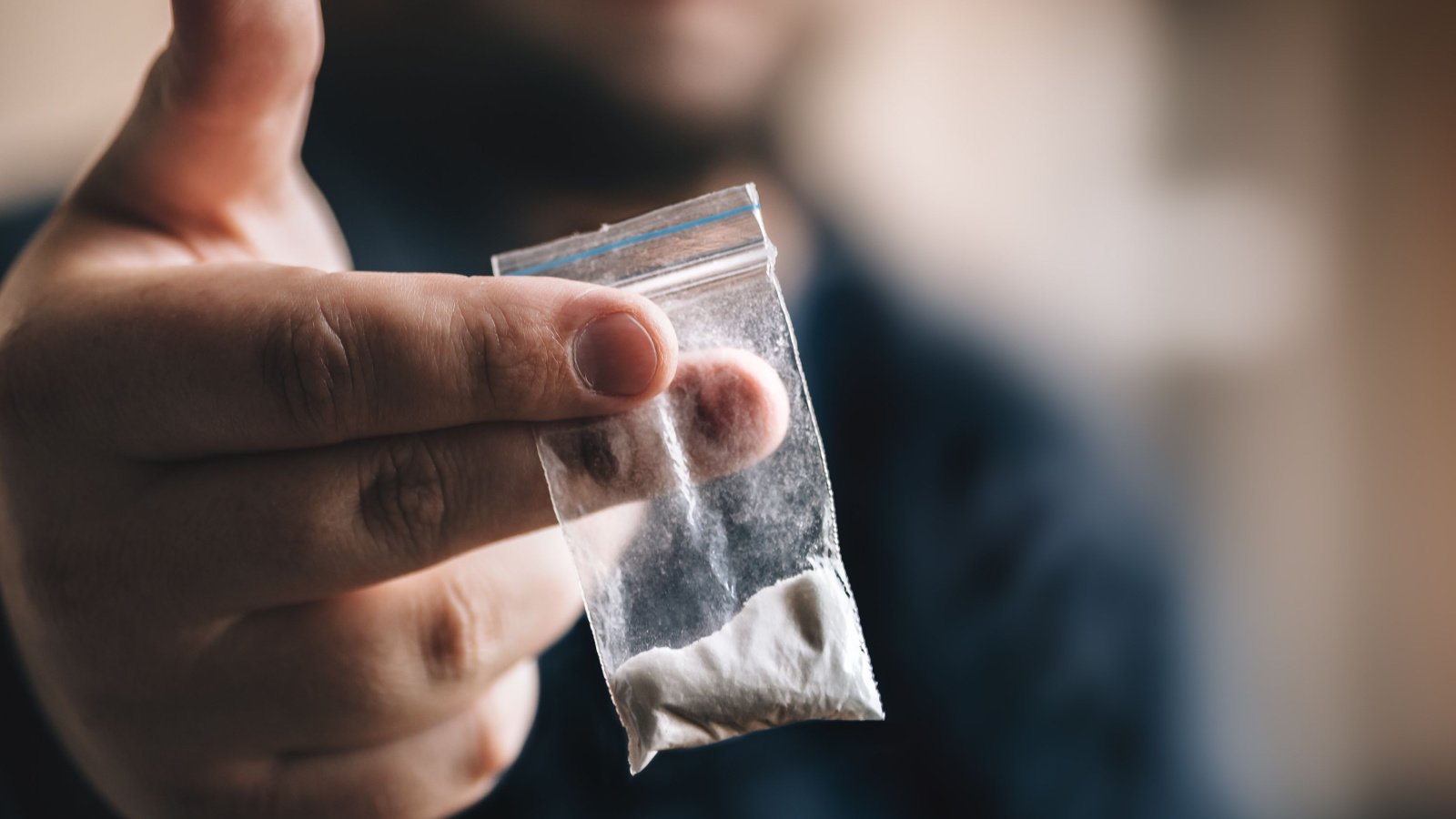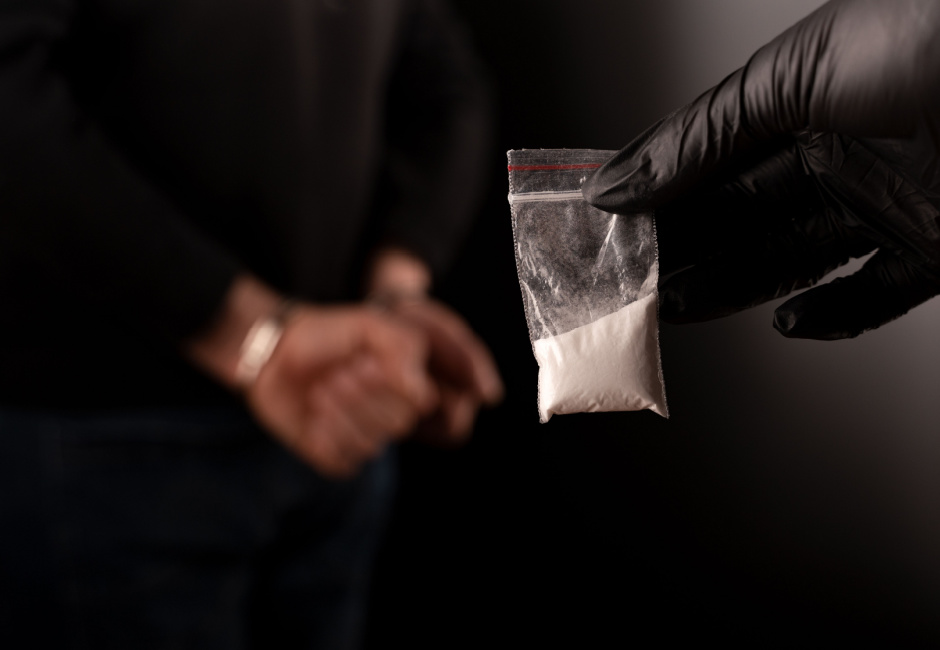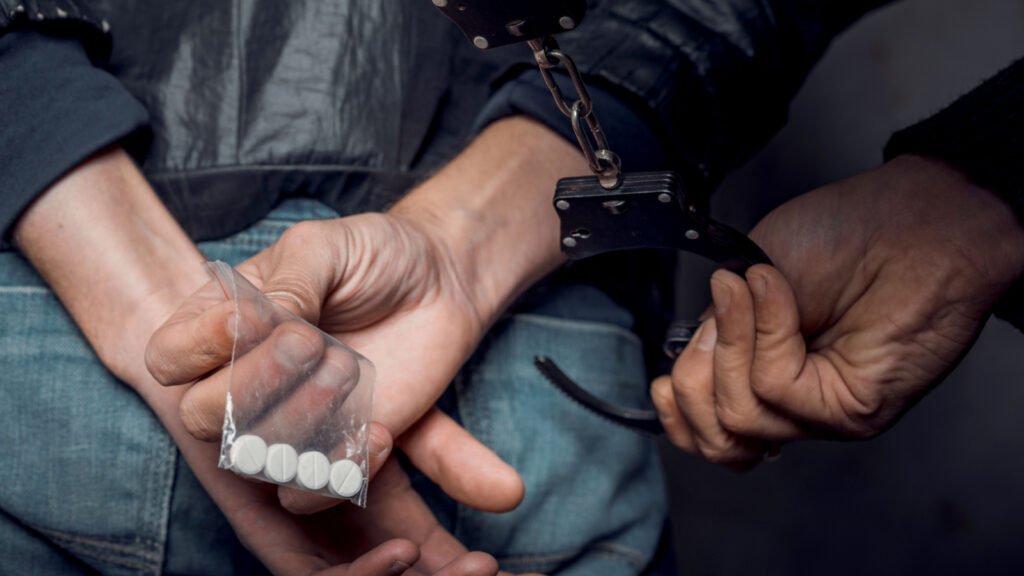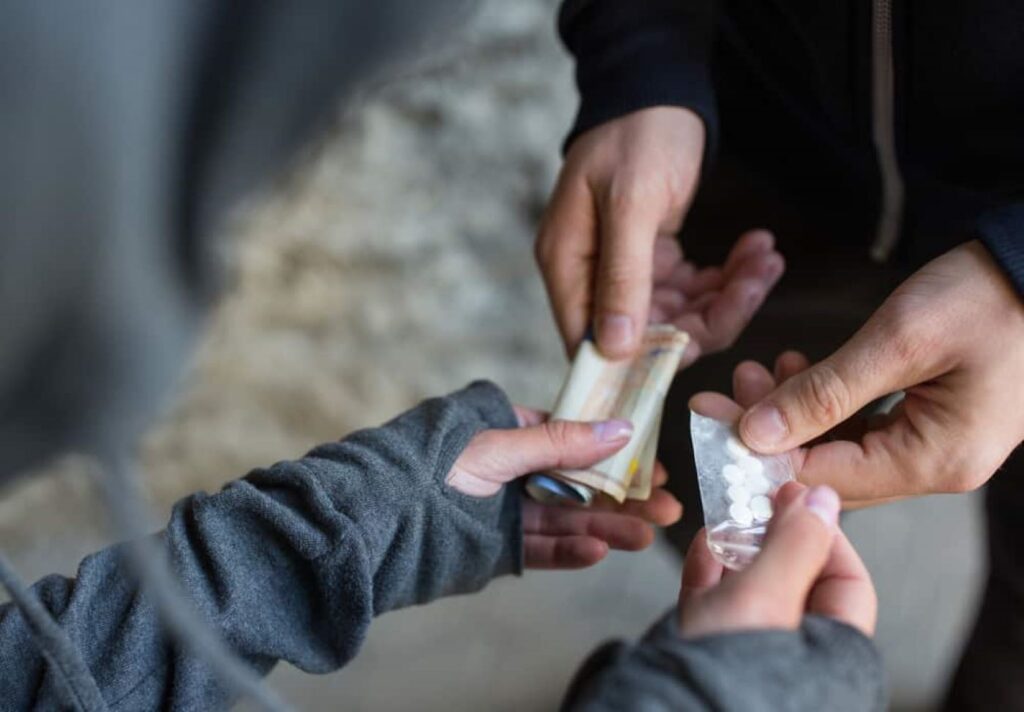Cocaine Charges in St. Louis and Missouri: Know The Facts
Cocaine is classified as a Schedule II drug by the federal DEA, meaning that it "is considered dangerous, with a high potential for abuse, and with use potentially leading to severe psychological or physical dependence". Other Schedule II drugs include meth, fentanyl, and oxycodone.
Protect your rights and freedom with Combs Waterkotte. Contact one of our criminal defense lawyers today at (314) 900-HELP for a confidential consultation.
In Missouri, laws relating to cocaine possession have changed slightly in recent years, but it still remains a serious felony. Cocaine possession shifted from being a Class C felony to a Class D felony in 2017. While this did lessen the potential punishment for being convicted of cocaine possession (changing from 3-10 years in prison and a maximum $10,000 fine to 1 year in county jail-7 years in state prison), it still means that if convicted you will lose a number of rights including the ability to vote, own a firearm, or apply for certain jobs. These are also just the minimum sentences: possessing larger amounts of cocaine will increase your penalty accordingly
Missouri also has what is known as a sentencing disparity that takes effect whether you have been caught with crack or powder cocaine. These exist in 12 other states as well as on the federal level, and were mostly passed in the 1980s when it was believed that crack was more powerful and addictive than powder cocaine. In practice, it largely meant that minority defendants got much harsher sentences for possessing less cocaine by weight, since powder cocaine was viewed as a "white-collar" drug. Before a sentencing reform act was passed in 2012, Missouri had one of the largest sentencing disparities in the country at 75-to-1. This meant that someone convicted of possessing six grams of crack cocaine would be facing the same sentence as someone who was convicted of possessing 450 grams, or nearly half a kilo, of powder cocaine. The disparity has since been lessened to 19-to-1, but it still means that those who have been caught with crack cocaine are looking at much stiffer punishments.












































